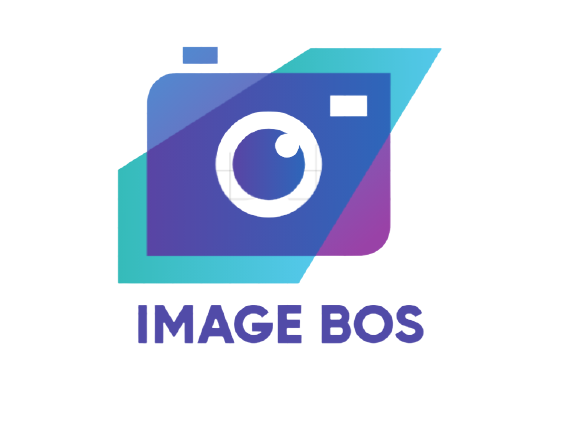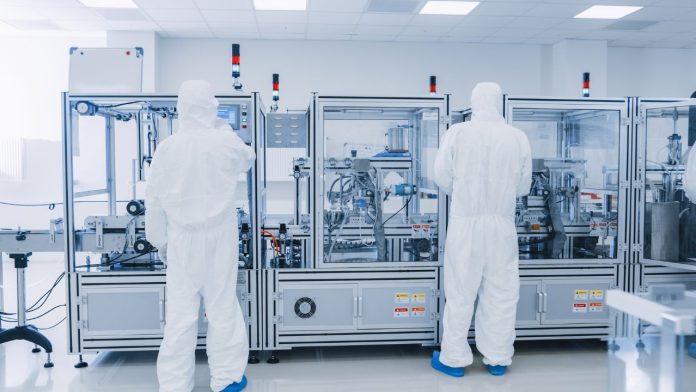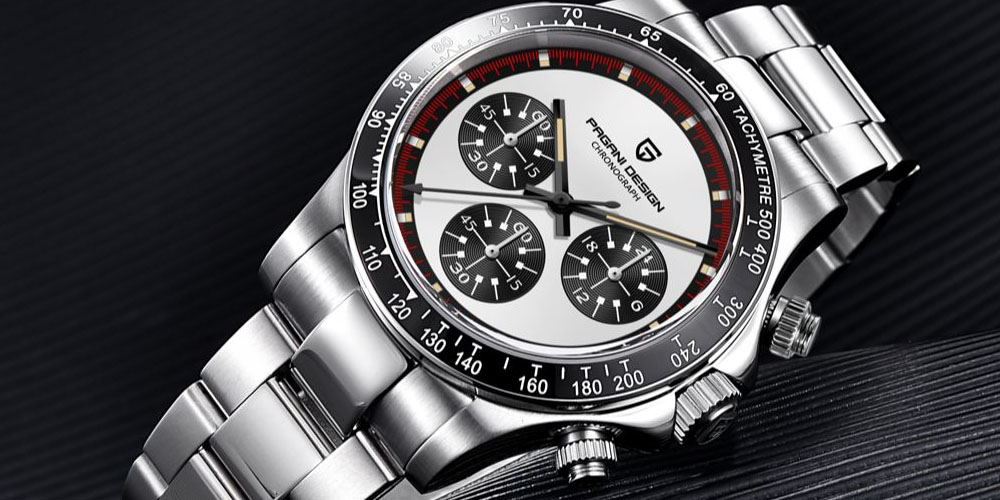In pharmaceutical manufacturing, precision isn’t just a goal—it’s an absolute necessity. Every aspect of drug production, from formulation to final packaging, must be meticulously controlled to ensure patient safety and compliance with stringent regulatory standards. One critical yet often overlooked aspect of this process is high precision labeling.
Ensuring Patient Safety
As someone deeply involved in pharmaceutical production, I understand that patient safety is the top priority. Labels on medications aren’t just decorative; they’re a lifeline. These labels carry crucial information like dosage instructions, expiration dates, and potential side effects. In an industry where even minor errors can have significant consequences, high precision labeling ensures that patients receive the correct information to safely use their medications.
A label that’s misaligned or improperly placed isn’t just an inconvenience—it’s a risk. Precision in labeling ensures that the label is clear, legible, and securely attached, reducing the possibility of medication errors that could harm patients.
Meeting Regulatory Standards
Working in the pharmaceutical industry, you’re constantly aware of the regulations that govern every step of the production process. The FDA, EMA, and other regulatory bodies have strict guidelines to ensure that every product is safe and traceable. High precision labeling is a vital component of this traceability.
Every label must meet exact standards, not just for accuracy but also for placement and legibility. Non-compliance isn’t just a technicality—it can lead to costly recalls, fines, and potentially devastating damage to a company’s reputation. As someone who’s been through regulatory audits, I can tell you that having reliable, high-precision labeling systems in place is non-negotiable.
Enhancing Efficiency and Reducing Waste
Efficiency in pharmaceutical manufacturing isn’t just about speed—it’s about reducing waste and maximizing output. Modern labeling systems are designed to handle high volumes with remarkable accuracy. In my experience, when you reduce labeling errors, you also reduce waste, which directly impacts the bottom line.
Mislabeling can lead to entire batches being discarded, not to mention the time lost in reprocessing. By investing in high-precision labeling equipment, pharmaceutical manufacturers can minimize these risks, ensuring that production runs smoothly and that products reach the market faster.
Supporting Brand Integrity
In pharmaceuticals, your brand is your promise to the consumer. The quality of your product is reflected in every detail, including the label. A well-labeled product not only communicates vital information but also reinforces the perception of quality and reliability.
As someone who’s worked closely
with branding and product presentation, I’ve seen firsthand how high precision labeling plays a crucial role in maintaining brand integrity. Consistent, professional labeling enhances consumer trust, particularly in a field where trust is everything. Every product that leaves the production line should look as good as it performs, and precision labeling is key to making that happen.
Partnering with Industry Leaders
Achieving this level of precision in labeling requires more than just good intentions—it demands the right technology and expertise. Partnering with leading pharmaceutical equipment manufacturers is essential to acquiring machinery that meets these exacting standards. These manufacturers provide advanced labeling systems that are not only compliant with regulatory demands but also adaptable to the evolving needs of the pharmaceutical industry.
The right partnership ensures that you’re not just meeting today’s requirements but are also prepared for tomorrow’s challenges. High-quality labeling equipment is an investment in your company’s future, helping you maintain compliance, efficiency, and brand reputation.
In an industry where precision is everything, high precision labeling isn’t just a best practice—it’s a necessity. From ensuring patient safety to meeting regulatory standards and supporting brand integrity, precise labeling is a cornerstone of pharmaceutical manufacturing. Those of us in the industry know that it’s not just about sticking a label on a product—it’s about ensuring that every product is safe, effective, and trusted by consumers worldwide.















